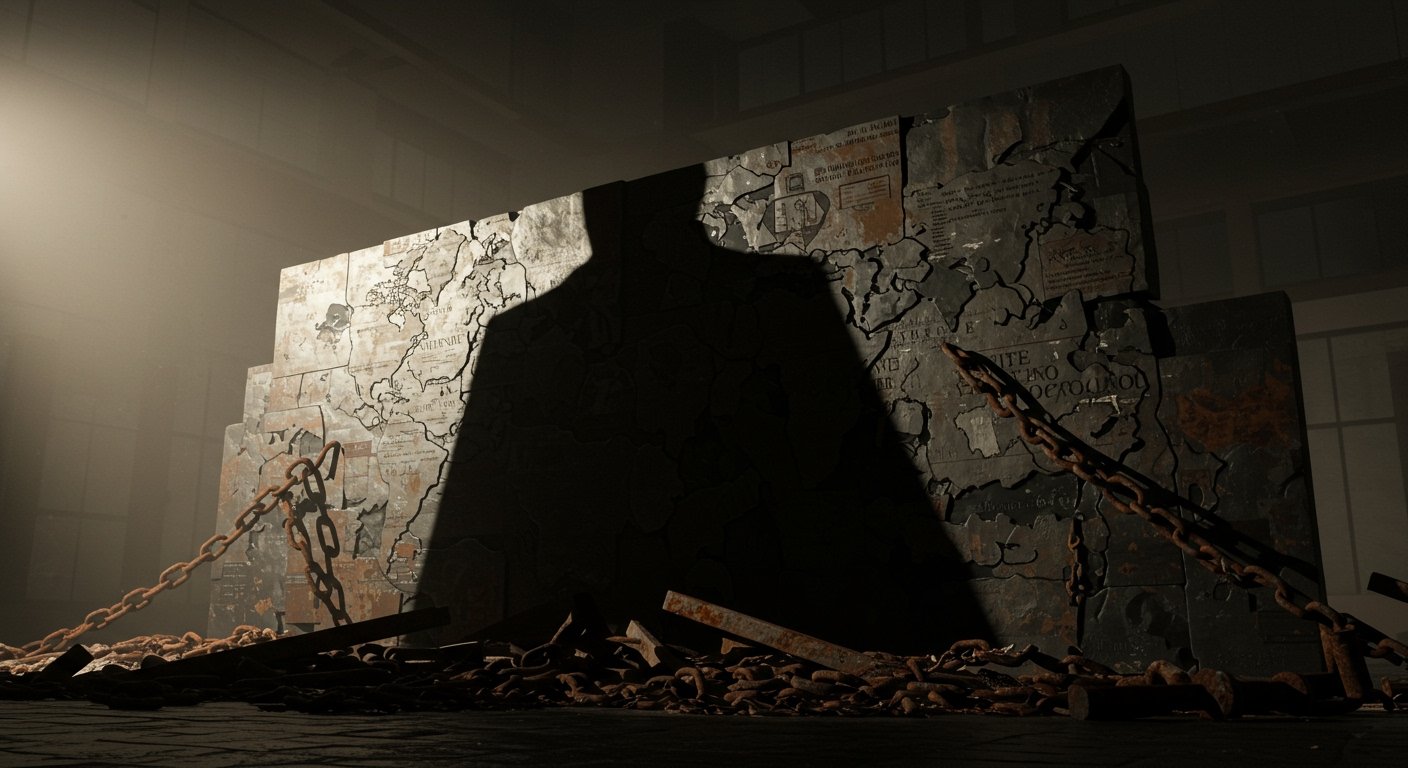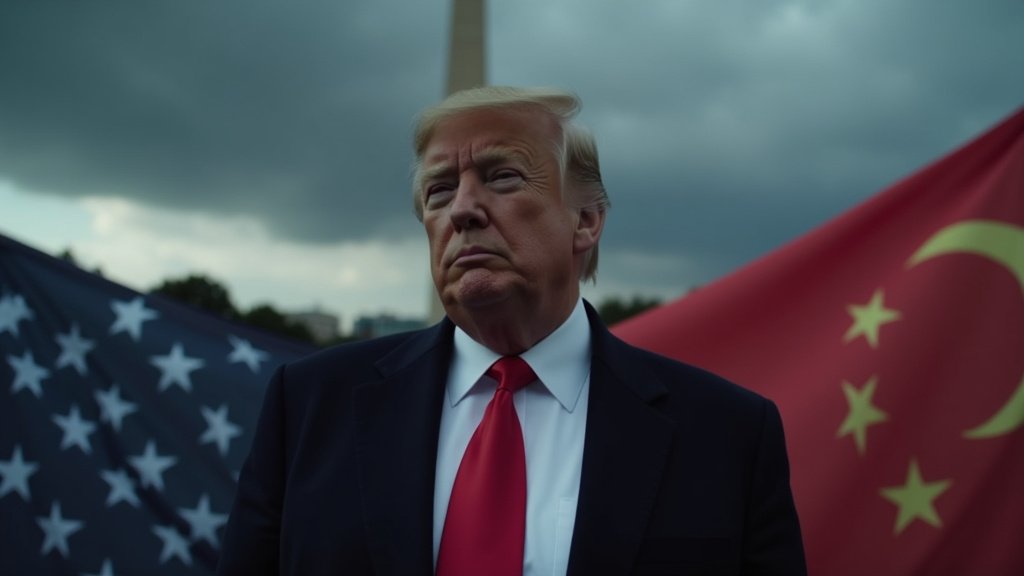Washington Takes Unprecedented Action Targeting ICC Officials, Citing “Baseless” Gaza War Crimes Probe
Washington Imposes Sweeping Sanctions on ICC
WASHINGTON D.C. – The administration of United States President Donald Trump has implemented sweeping sanctions against the International Criminal Court (ICC), dramatically escalating tensions between Washington and the global body tasked with prosecuting war crimes. The measures were formalized through an executive order, E.O. 14203, issued late Thursday, February 6, 2025. This executive action authorizes asset freezes and entry bans targeting ICC officials and individuals deemed to be assisting the court’s investigations into personnel from the United States or its close allies, particularly concerning actions in Gaza.
Justification for the Executive Order
The Trump administration asserted that the sanctions were a necessary response to what it characterized as the ICC’s “illegitimate and baseless actions targeting America and our close ally Israel.” Administration officials further accused the court of “abusing its power” by pursuing investigations that they contend fall outside its proper jurisdiction and mandate. A primary catalyst for the executive order is the ICC’s ongoing investigation into alleged war crimes and crimes against humanity committed in Gaza. The administration specifically highlighted the court’s issuance of what it termed “baseless” arrest warrants in November for Israeli Prime Minister Benjamin Netanyahu and former Israeli Defense Minister Yoav Gallant as a key factor driving the decision to impose sanctions.
Specific Targets and Timing
The newly enacted Executive Order E.O. 14203 grants the U.S. government the authority to impose financial penalties and travel restrictions on individuals associated with the ICC’s work concerning U.S. and allied personnel. While the order provides broad authority, the first individual publicly reported to be sanctioned under its provisions is the ICC Prosecutor, Karim Khan. This move signals a direct challenge to the court’s leadership and its ability to conduct its mandate globally. The timing of the sanctions coincided notably with Prime Minister Netanyahu’s visit to the United States, underscoring the connection between the U.S. action and the ongoing scrutiny of Israel’s conduct in Gaza by the international court.
Historical Context and Non-Signatory Status
It is pertinent to note the long-standing position of both the United States and Israel regarding the International Criminal Court. Neither nation is a signatory to the Rome Statute, the foundational treaty that established the ICC in 2002. Both countries have historically expressed concerns about the court’s potential to overstep its jurisdiction and impinge upon national sovereignty. This non-signatory status forms a significant backdrop to the current dispute, with the U.S. arguing that the ICC lacks authority over its citizens or those of its allies who are also not parties to the treaty.
ICC’s Response and Global Reactions
The International Criminal Court swiftly condemned the U.S. executive order, issuing a statement that the sanctions seek to “harm its independent and impartial judicial work.” Despite the pressure, the court pledged to continue its efforts to ensure accountability for serious international crimes. In response to the U.S. action, the ICC called on its 125 member states, civil society organizations, and all nations committed to the rule of law to unite in support of justice and fundamental human rights, urging solidarity against efforts to undermine the court’s mandate.
The U.S. sanctions have elicited strong and varied reactions from the international community. Human rights organizations and numerous world leaders have publicly criticized the measures, expressing concern that they could undermine international justice and the fight against impunity for war crimes. In a significant show of support for the court, 79 ICC member countries issued a joint statement reaffirming their commitment to the institution and its vital work. In contrast, Russia, which has also faced scrutiny from the ICC regarding its actions, welcomed the sanctions, aligning itself with the U.S. stance against the court.
Implications for International Justice
The Trump administration’s decision to sanction the ICC represents a significant challenge to the framework of international criminal justice. Critics argue that such actions could intimidate court officials and impede vital investigations into alleged atrocities, potentially setting a dangerous precedent. Supporters of the sanctions, however, maintain that the U.S. is defending itself and its allies against what they view as politically motivated or overreaching legal actions by the court. The executive order and the resulting international fallout underscore the deep divisions over the ICC’s authority and its role in addressing conflicts involving powerful nations and their allies. As the first individual sanctions take effect, the global legal and diplomatic implications of E.O. 14203 are expected to continue unfolding, shaping the future of the International Criminal Court and its relationship with key global powers.










